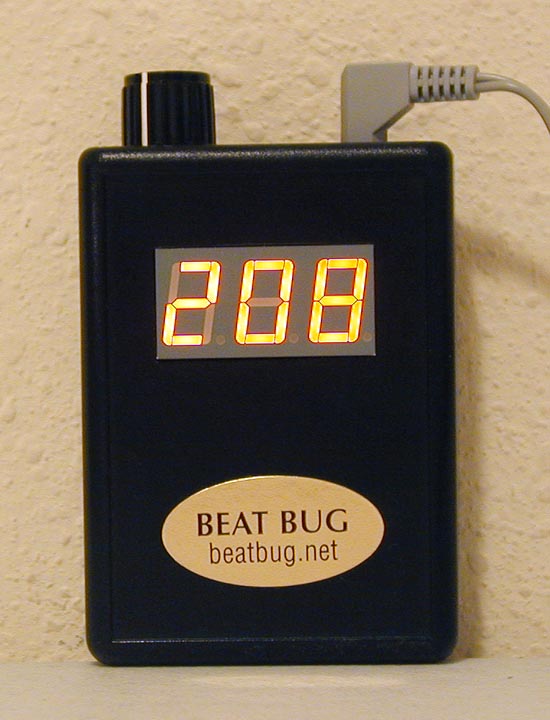Take your pulse before you start each piece. The body's awareness of time is closely tied to the metronomic beating of the heart. Biologists have found through experiment that those among us who are best at gauging time intervals (e.g. counting seconds accurately) are the ones who are best at perceiving their own heartbeat (i.e. they can feel it without taking their pulse by hand). They also found that giving people external feedback (a machine that bleeps in time with the pulse) helps them to improve at gauging time intervals accurately.
This connection between the heart rate and our perception of time is why we tend to play a little faster when we're nervous, and why you're playing slower when you're tired and conserving energy. Giving yourself that external feedback, making your body aware of where its internal metronome is set, will make it a lot easier for you to judge the tempo.
You don't need to count or time your pulse rate, or even to think about it, just put your fingers in the right position to feel your pulse (whichever position is easiest for you), and be aware of it while you're working out the tempo for the next song. Make sure to do it when you practice, and when you perform fresh, not just when you perform tired, so you have a 'baseline'.

